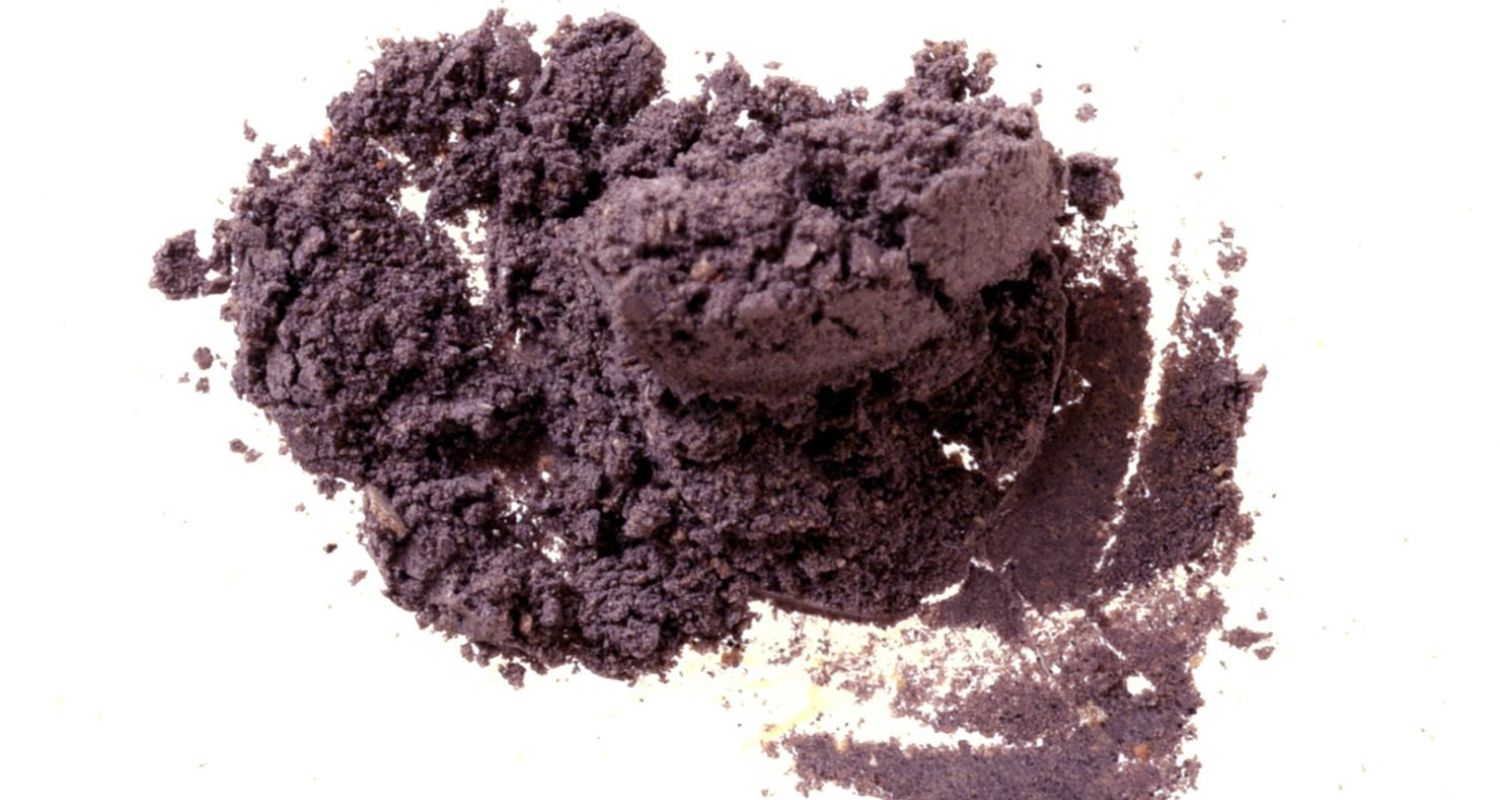A recent excavation on the Greek island of Aegina uncovered a 3,600-year-old Tyrian purple dye, a pigment highly prized since the Bronze Age. This find sheds light on the ancient methods used to create this valuable dye.
Uncovering the Ancient Dye Workshop
Archaeologists discovered pottery fragments with Tyrian purple dye residues in early Mycenaean buildings at the Kolonna site on Aegina. Remarkably well-preserved, this dye could still be used today. They also found crushed mollusk shells and stone tools, indicating their use in the dye-making process.
The History of Tyrian Purple
Tyrian purple was first developed in the ancient city of Tyre, now in Lebanon. Both the Greeks and Romans revered this vibrant, fade-resistant dye.
Creating it was a labor-intensive process, often requiring up to 12,000 sea snails for just one gram of dye. The dye was made by extracting mucus from the snails, which would turn from yellow to green, then to purple, and sometimes dark red when exposed to heat.
The Significance of Tyrian Purple
This color was reserved for the elite and royalty due to its complex production process. In Rome, it was worn by emperors and high-ranking officials. The workshop found on Aegina suggests that the dye might have been used locally, indicating its possible use by prominent island inhabitants rather than for trade.
Ongoing Mysteries
The excavation also revealed 2,592 mammal remains, including bones of young pigs and lambs. The connection of these remains to the dye-making process is unclear.
One theory suggests they could be evidence of religious sacrifices, while another proposes they might have been used to help control the temperature during dye production.
This discovery provides insight into the sophisticated dye-making techniques of the ancient world and highlights the cultural and economic significance of Tyrian purple throughout history.

